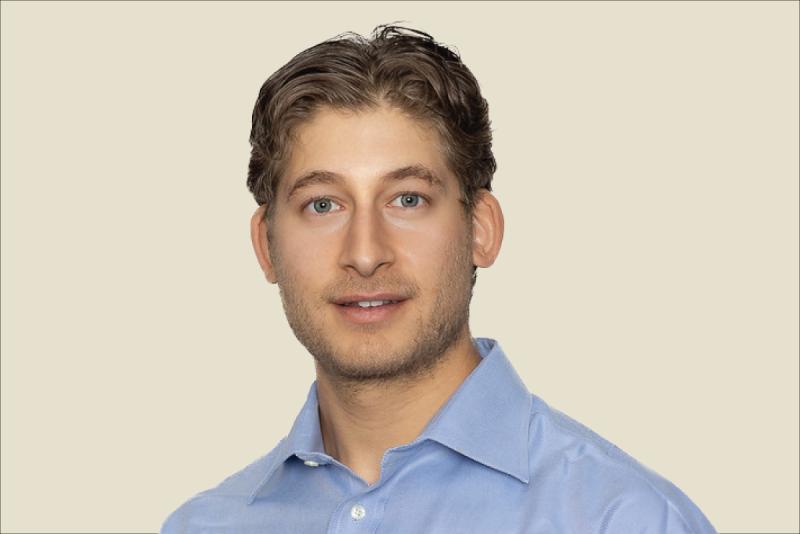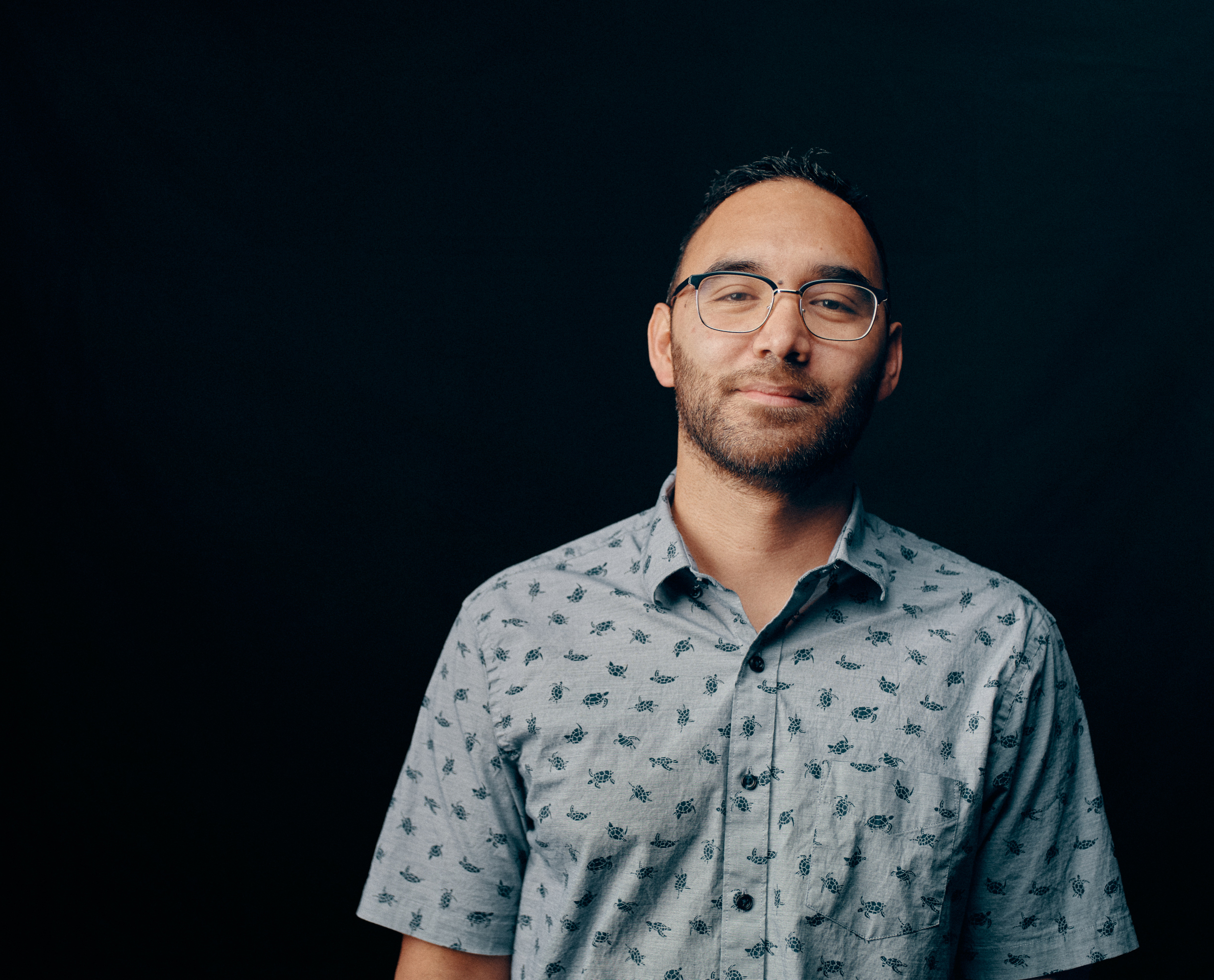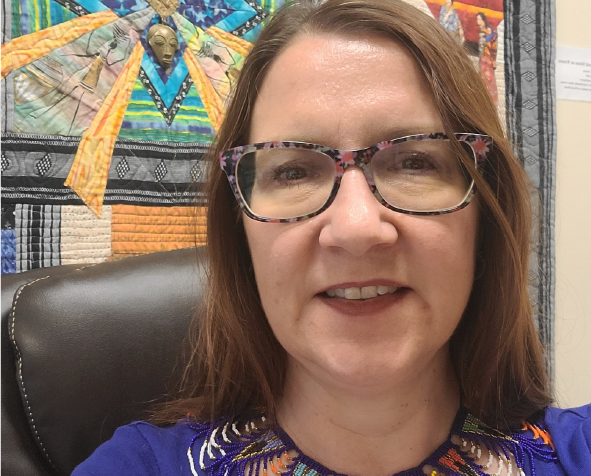CAHSS Alumnus Channels 4+1 Economics Degree into Helping Local Businesses Thrive

Harnessing Economic Theory to Meet Real-World Challenges
Alumnus Louis Rosner (BA ’22 MS’23) credits the (CAHSS) 4+1 Economics & Social Policy program with providing the skills needed to land his first job as an economic development analyst with the Boulder Chamber of Commerce, helping local businesses launch, grow and thrive.
“The classes in the economics department, especially courses like Advanced Macroeconomics taught by Professor Yavuz Yasar, really helped me in the work I do now,” Rosner said.
He learned to dive deep to identify the assumptions underlying economic data, evaluate the implications of those assumptions and consider how they might shape economic decision making.
His current role involves analyzing research on labor market patterns and trends, for example. “You need to ask questions about where the employment data came from and how it was obtained to evaluate the validity of conclusions being drawn,” he said.
Rosner started working part-time for the Chamber in March 2023 and full-time in June 2023. He helps fulfill contracts with the city including publishing quarterly economic indicators tracking Boulder’s economic wellbeing. He also researches and writes data-driven reports including holiday retail employment trends in Boulder for the Chamber’s newsletter.
He creates custom data reports for local organizations. Recent examples include responding to requests for information on female-owned businesses in Boulder; a school district searching for nearby green-collar jobs and a company that makes window blinds searching for demographic insights into their customer base.
“Some of these businesses don’t know their own neighborhoods and don’t have the resources to do this kind of analysis,” Rosner said. “Our role is to help them understand their business environment to overcome whatever struggles and challenges they may be facing.”
An Accelerated Grad School Path with Hands-On Experience
Rosner, who also played Club Men's Rugby for five years, began in fall 2018 as a political science major but soon switched to the 4+1 program, hoping to augment his passion for mathematics with broader critical thinking and concrete economic analysis skills.
The rigorous program provides students with a solid grounding in economics — including mainstream and alternative theories and interest-driven research opportunities — while simultaneously allowing them to earn a bachelor’s and master’s degree in five years.
Economics Associate Professor and Department Chair Markus Schneider made it simple to enroll in all the classes necessary to complete both degrees by providing an Excel spreadsheet outlining which classes needed to be taken when. “I was never confused having that in my back pocket,” Rosner said.
Schneider points out that the 4+1 in economics and social policy program allows students to explore policy geared toward specific topics — the environment, urban development, trade, health care and more — through graduate electives. The program encourages students to think about economic policy broadly in terms of its social impacts.
“That exposure to looking at policy across specific topics with an appreciation for broader contexts sets our graduates apart,” he said. “I am excited that Louis is really able to leverage his education in his work at the Boulder Chamber of Commerce.”
Rosner still marvels at the depth of understanding acquired in classes like Assistant Professor Yeohyub Yoon's course on monetary theory and said that Yoon taught students how to pull the right sources, review literature and draw their own conclusions.
“I wrote a paper on financialization which is what happens in an economy when more and more resources get diverted to financial rather than real enterprise, like when a car company starts making most of their money from car loan payment plans rather than putting most resources into manufacturing cars,” he said.
Such information helps people understand why they’re seeing fewer jobs in the car industry despite companies showing increased profits.
The consumer-driven focus of such classes and research helped Rosner bridge the gap between theoretical and practical, while inspiring him to reach for additional outside opportunities to acquire hands-on experience.
Associate Professor Juan Carlos Goethe Lopez appointed Rosner to an interdisciplinary project being led by Daniels College of Business Adjunct Faculty Jim Ducay. Ducay is also co-founder and program director of the Colorado Universities Innovation Council, a nonprofit partnering with organizations to provide students with meaningful work experience.
The project involved working with RTD (Regional Transportation District) and Denver South, an economic development organization supporting communities surrounding the I-25 corridor south of Denver. DU economics, engineering, analytics, geography and business students all collaborated on ways to connect light rail passengers to RTD’s Dry Creek Station with last-mile transportation to their final destinations.
“I loved working with students coming from all these different perspectives,” said Rosner, who joined the project in October 2022 and participated through June 2023.
“The engineering students addressed the project management side, and I was on a data team with business students. We focused on things like identifying what route buses would take, where they would stop, how often they would leave and come back and how many riders would be impacted.”
Although the Dry Creek Station serves a largely white-collar, corporate clientele, students wanted to address the needs of employees at nearby retail businesses like Ikea and Walmart. “The plan we proposed to RTD included targeting people who were less likely to have cars and just trying to get to those jobs, “Rosner said.
The Value of Close-Knit Collaboration
Rosner attributes his success in the 4+1 program to peer collaboration and support.
“Especially in the advanced macro and micro classes, I don’t think I would have passed if I didn’t work with other students on problem sets,” he said.
He spent hours with classmates in the graduate student lounge “reasoning through homework and preparing for tests. You’ve got to give and get feedback on your work and develop a real bond. You weren’t just taking tests with strangers; you were taking tests with people you’d been working with for weeks.”
Long-term, Rosner hopes to stay in an economic development role, gaining experience and eventually moving into a broader role, perhaps in a larger city. For now, he feels lucky to be working in a dynamic position on behalf of a vibrant community.
“I especially love creating custom reports and being able to provide local businesses with something so helpful for free,” he said. “Of the things I work on, that really has the most direct, supportive impact on local businesses, and you get to know people in the community very well.”





